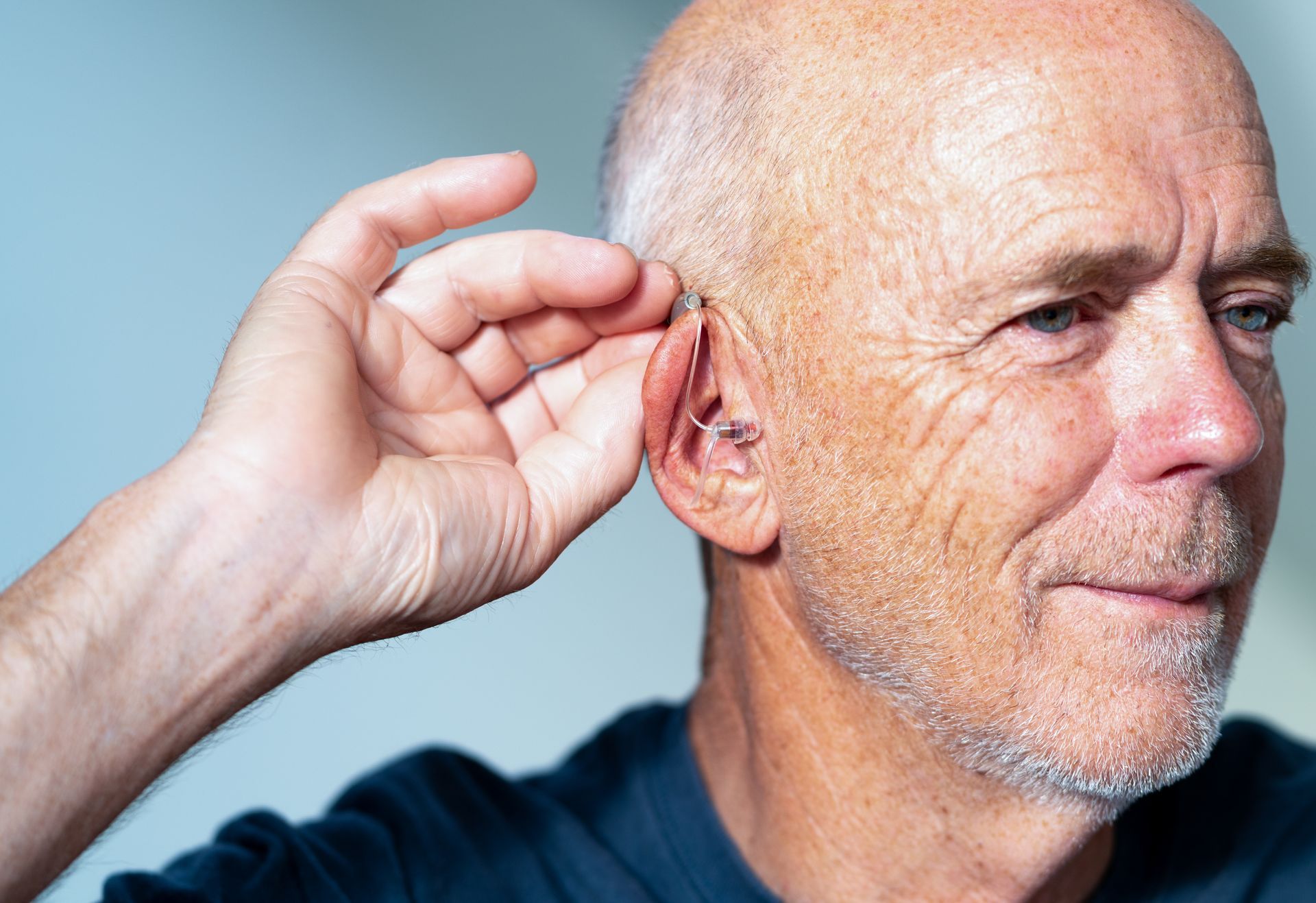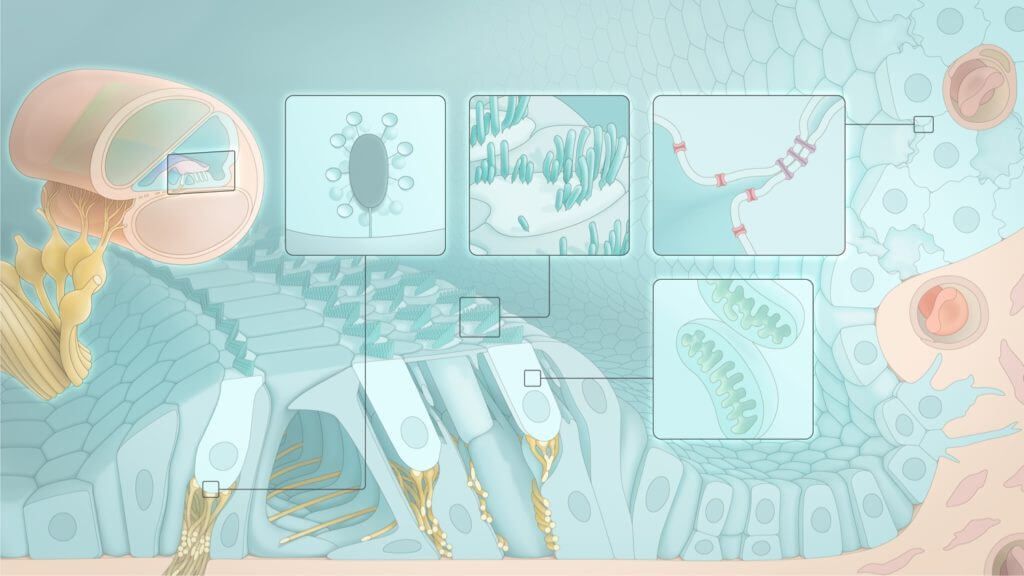Is There a Link Between Salary & Hearing Loss?
There are more than 48 million Americans living with hearing loss. Unfortunately, only about 20% of those who could benefit from a hearing aid, the most common treatment for hearing loss, seek help. That puts millions of people at risk of an increase in mental, physical, emotional and economic issues related to living with untreated hearing loss. One of the lesser discussed consequences of choosing not to seek treatment is the impact hearing loss can have on your employment status and yearly income.
Adults with Hearing Loss at Higher Risk for Unemployment.
Based on data collected in the early 2000s, the National Institute of Health published a report called “The Socioeconomic Impact of Hearing Loss in US Adults.” The researchers found that those with hearing loss were almost two times as likely as those with normal hearing to be unemployed or underemployed. While those with hearing loss are more than three times less likely to finish high school than those with normal hearing, the researchers took educational attainment, age, sex and race into account when analyzing their data. This means that while hearing loss may contribute to lower education levels, it is not the sole cause of unemployment or underemployment.
Adults with Hearing Loss May Earn Less
For those who did collect an income, individuals with hearing loss made about 25 percent less; their mean wage was $23,481, compared to $31,272 for those without the diagnosis.
Dr. David Jung, coauthor of the 2013 study that reported these findings and fellow in otology and neurotology at Massachusetts Eye and Ear Infirmary states, “Those are pretty striking associations, but it obviously needs a lot more study before we can draw some hard conclusions about what it all means and, more importantly, what needs to be done about it.”
What Can Be Done?
The best way to prevent hearing loss from impacting your career or income goals is to seek treatment at the first sign of trouble. Like most medical conditions, the earlier you seek treatment, the better your results. If you suspect you are having trouble hearing while at Salis Restaurants for a work lunch or presenting to a packed meeting room at work, now is the time to do something about it.
Contact Center For Hearing today to schedule an appointment for a hearing evaluation.
- Understanding Infant Hearing Loss
- The Relationship Between Exercise and Hearing Loss
- Muffled Hearing: Common Causes and Solutions



